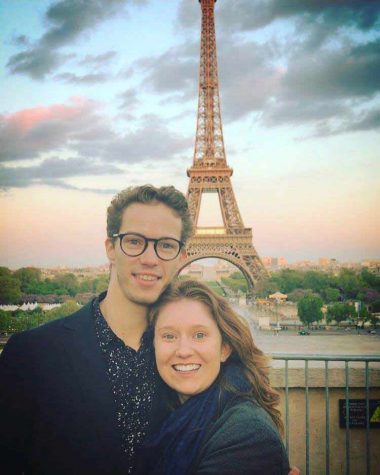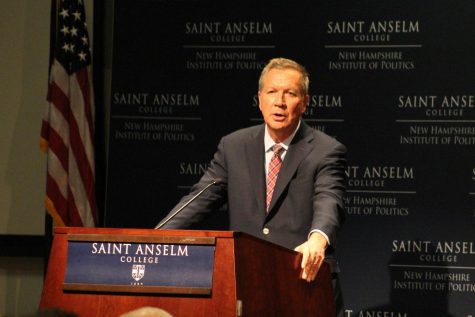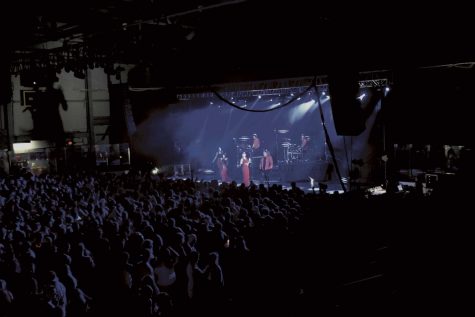Editorial
The news media is supposed to report on reality, not create its own
January 25, 2017
Journalism is arguably one the most important, and underappreciated, fields. Journalists have an obligation to uncover and report the facts in order to keep the general public well informed. In today’s day in age however this is not always the case.
The media has become so overly opinionated and biased that it can be hard to find the truth. This could not be any more evident than in many news organizations’ political coverage of late.
Obviously opinion pieces are part of journalism. In fact you are reading one right now. This article reflects the opinions of our editorial board. However traditional reporting, without bias or opinion, is also a crucial component of the news.
When reading a news article, the audience should be getting the facts, not the author’s opinion. The reporter can of course quote other individuals. In fact that is encouraged, and the news media should report on differing views and opinions so that we can put ourselves in the opposition’s shoes in order to understand why they think the way they do.
However something that is worse, and far more alarming, than a biased news article is one that intentionally reports falsehoods. By now everyone has likely heard of the term “fake news.” This is not that same thing as inaccurate reporting. Journalists will occasionally make mistakes, and in the event that happens, it is their obligation to publish a correction.
“Fake news” on the other hand is not journalism. Earlier this month, the popular media organization Buzzfeed posted perhaps the most talked about and criticized “fake news” article in which they cited unconfirmed documents containing disturbing allegations against then President-elect Donald Trump. This “dossier” that Buzzfeed cited was never confirmed, and in fact it was passed on by many other major media outlets because it did not contain any known validity.
Ben Smith, editor-in-chief of Buzzfeed News, came under fire for publishing the article. Smith tried to defend this decision in an interview on MSNBC by saying “We’re now in a media environment where you have to engage in false statements.” But does that mean that information no longer has to be confirmed before reporting?
Despite admitting that the source was likely fake, Smith remained adamant that these documents should be made public. However he did not act as a journalist. When reporting on a potential scandal, it is the media’s duty to fact check and verify claims. Otherwise knowingly reporting false information can cause libel lawsuits, which is the equivalent of written slander.
The freedom of the press is a crucial component to American society. However the founders of this great nation did not write the First Amendment to the Constitution so that certain members of the news media could manufacture their own “truth.”











Lizzie Justice • Jan 25, 2017 at 4:29 pm
I hope your article is read by senior media players because on a regular basis journalists are not validating sensational stories nor asking the basic questions. You have picked up on an obvious and highly publicised story but there are many others. And it is not all the social media sites. Time has just issued an apology saying: “On the evening of January 20, TIME White House correspondent Zeke Miller incorrectly reported that the bust of Martin Luther King Jr. had been removed from the Oval Office. Zeke quickly issued a correction. In the hours that followed, he sent multiple emails and tweets taking responsibility for his mistake, and apologized in person, on email and on Twitter. During further conversations over the weekend, he asked a White House advisor to pass along his apology to the president as well….
It goes on but there are two major issues journalists need to note. Accuracy and appropriate sourcing is the first and not waiting to be challenged by the management is the second. The 24/7 online media leaves no stone for any journalist to hide under and we have a duty to be truthful or lose any credibility. If we forget that with a tweet out of turn (ask Katie Rich on Saturday Night on that). Realise and quickly put down your arrogance and know you are under the spotlight and your own career will depend on the views of colleagues and the public.
Just like a chocolate cake for a dieter “a minute on the lips, a lifetime on the hips” getting it wrong as a journalist will be a moment on Twitter and face wither, snigger and getting bitter. And media mistakes never go away.